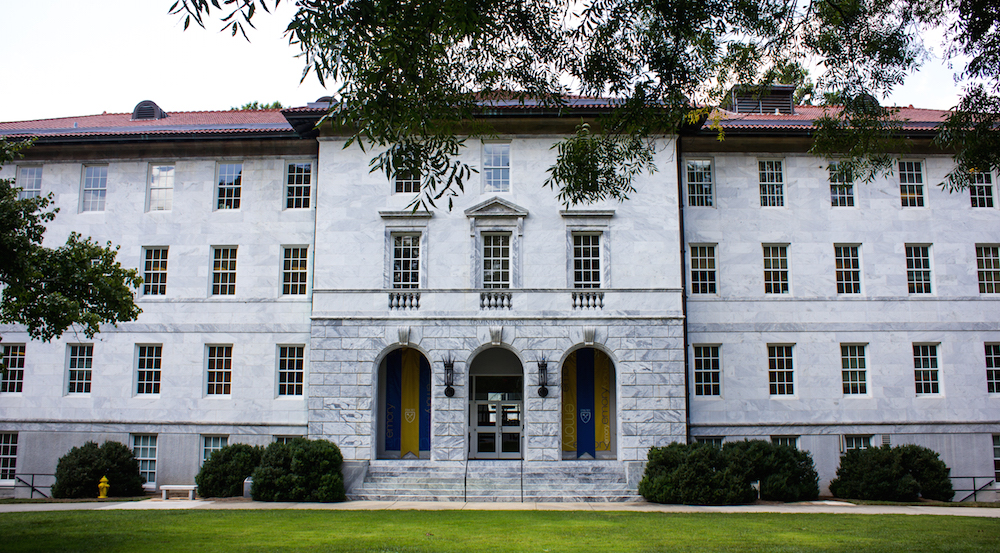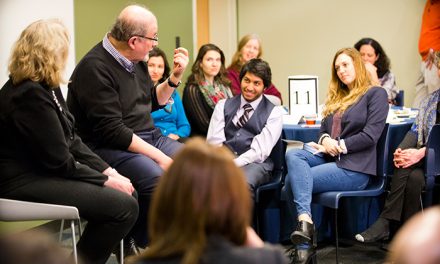This fall, the Asbury House will house 13 Jewish students to form the Emory Bayit, a student-run organization dedicated to growing and sustaining a thriving Jewish community on Emory’s main campus, according to Nursing School junior and the organization’s founder Gabrielle Bloch.
Because Sigma Phi Epsilon (ΣΦΕ), a social fraternity, could not meet occupancy requirements in fall 2014, the Asbury House was empty this year, according to Assistant Dean & Director of Resident Life and Housing Scott Rausch. Two other organizations, Sigma Phi Epsilon (SigEp) and an organization planning to form a wellness community, also competed for the opportunity to live in the house, according to Rausch.
Residence Life was able to accommodate both groups in other residence halls on campus, Rausch said. Of the three groups, he added, the Bayit had a particular need for the house, due to its members’ kosher diet and other Jewish practices.
Asked whether he felt uncomfortable accommodating one religious groups when many religious groups exist on campus, Rausch said, “for me, it’s not much about religion, but the practice … If any other group came to me, we’d try our best to accommodate them too.”
The Hebrew word “bayit” means “house,” and according to Bloch, this house would serve as “a haven for Jewish students to ground ourselves in our values.”
Although there are three other Jewish organizations on campus — Hillel, Chabad and MEOR — Bloch said the Emory Bayit will offer something that many Jewish students might not be able to find elsewhere on Emory’s campus.
“A lot of Judaism happens in the home, and so [for] the students that are more observant, it can pose challenges to try and maintain a lot of the laws of Judaism,” Bloch said. “I think that having a home enables people to keep kosher and Shabbat in a way that doesn’t feel isolating but rather celebratory.”
Bloch cited, for example, that although there are campus events on Friday evenings observing Shabbat, the Jewish day of rest, some students who view Shabbat as a full 24-hour experience where they refrain from technology use, physical exertion and any type of work, might find that there aren’t enough options for them to observe this day with others on a Saturday afternoon, for example, she said.
Although only 12 students can live at the house at one time, Bloch said that Emory Bayit will also host events for non-resident students to attend. Bloch also mentioned the possibility of using the Asbury House as a place to host inter-religious dialogue.
“It would be really cool to have Bayit be a base to have dialogue with different [religious] groups,” Bloch said. She added that she had often discussed with the new residents the possibility of hosting a Shabbat dinner with an organization such as the Muslim Student Association.
Bloch added that the Bayit is not associated with a greater religious movement or agenda.
“Bayit is strictly student-created and student-run with no other agenda than being another way to explore Judaism,” Bloch said.
College sophomore Sari Flomenbaum, who will be living in the Bayit next year, wrote in an email to the Wheel that she’s looking forward to getting to know the new residents of the Bayit.
“The Bayit is a place where a community living on Jewish values can exist and unite different people,” Flomenbaum wrote.
–By Annie McGrew







